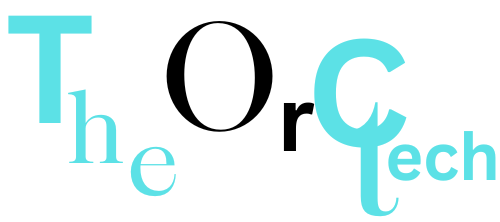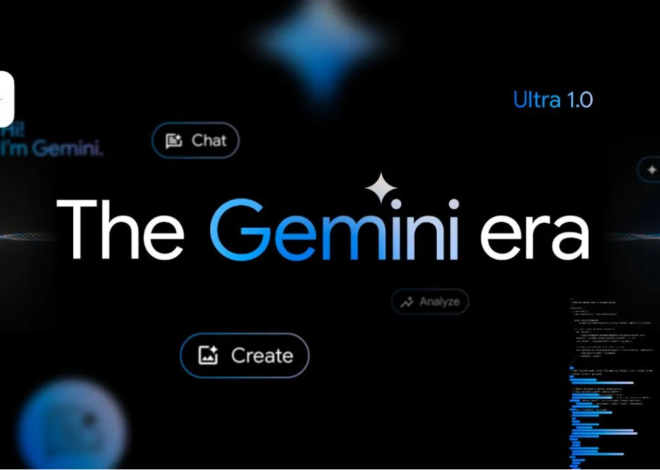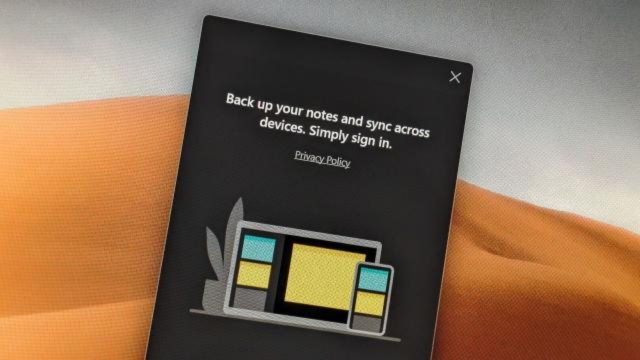
How TikTok became a place for tattletales
“Hey there, Marissa! I don’t want to meddle, but something important came up. I just passed by your pals, and I think you should know that the weekend they’ve picked for their birthday party isn’t the only option. They’re deliberately choosing the weekend you’re away, and I thought you should be aware of it. Just looking out for you!”
The video concludes by urging viewers to take action: “TikTok, let’s find Marissa together.” Fortunately, TikTok succeeded in locating Marissa, leading to her decision to end her friendship with those friends. Although this story concludes positively — Marissa even established an Instagram account, @nomorelonelyfriends, to bring together individuals with negative friend experiences and arrange gatherings — it prompts us to ponder: Is TikTok fostering a culture of reporting or tattling?
The upside of gossip
We’ve all engaged in gossip at some point, whether it’s during intimate moments with a partner, casual chats at work, or conversations with family. If someone claims they’ve never gossiped, it’s hard to believe. The concern arises when our private discussions are exposed to the public. In an era where people can be recorded in public without their agreement, the boundary between public and private is getting hazier. But imagine how it would feel if a stranger recorded and shared these conversations online, sparking a widespread online search against you.
“I love my friends dearly, but sometimes they might do something that annoys or upsets me and I need somewhere and someone to rant about it with.”
Recently, several instances of social media trials have gained widespread attention. On TikTok, users have mobilized their followers to find individuals like Sarah, criticized for her outfit, or a bride whose bridesmaids were dissatisfied with their dresses. The driving force behind these online interventions is the belief that the subject of gossip—the person being talked about—has a right to know what’s being said behind their back. But does this mean it’s the internet’s responsibility to deliver this form of justice?
Also Read | TikTok testing out an advert-free monthly subscription
Beth, a 23-year-old, expresses her love for her friends but acknowledges that there are times when she needs an outlet to discuss things that bother her about them. While she prioritizes addressing significant issues directly with her friends, she also values the release that comes from venting when the matter may not be worth the potential drama.
Gossip, often viewed negatively, has roots in our evolutionary past, according to evolutionary psychologist Robin Dunbar. Drawing parallels between gossip and social bonding behaviors in primates, Dunbar suggests that gossip is a natural part of human social interaction. A recent study, where 467 adults wore electronic recorders over several days, found that almost everyone engaged in gossip, highlighting its prevalence in human communication.
Francis McAndrew, a psychology professor at Knox College, defends gossip, noting that it often gets a bad reputation due to the focus on negative, selfish, and malicious examples. He emphasizes that people tend to perceive their own discussions about others as “expressing concern” or “sharing important information” rather than gossip.
“I believe it’s natural in friendships to form opinions and judgments about each other,” says Al, 28. “As long as it’s not mean-spirited or a misrepresentation, it’s not that bad. I’d rather not discover my friends’ opinions about me on the internet, even though I assume they might have said things behind my back.”
In a 2023 study, most gossip was found to be neutral, with 75 percent having neither a positive nor negative tone. While certain types of gossip, like spreading rumors or character assassination, can be harmful, often it’s not the content but the act of gossiping itself that matters.
Also Read | By scanning your eye, Toku’s AI platform predicts heart conditions
Numerous studies highlight the positive aspects of gossip, demonstrating its role in promoting cooperation, encouraging positive behavior, and functioning as a crucial social skill. Researchers argue that gossip isn’t always deserving of its negative reputation. McAndrew emphasizes, “Most gossip is not negative, and it actually can do a lot of good. It can keep people in line, promote good citizenship, and build trust and camaraderie in the workplace.”
However, this doesn’t mean advocating for trash-talking friends. Rather, it suggests that there should be a higher standard for when it’s acceptable to record someone without permission and share it online. Invading someone’s privacy in this manner is often morally questionable, overshadowing the content being recorded.
Consequences of social media surveillance
Social media platforms have cultivated a mindset where we see others, whether in private conversations or as random clips, as potential material for virality. As we continually mine our own lives for contentment, it’s only natural that we extend this perception to the lives of strangers. Ben Marder, a senior lecturer at the University of Edinburgh Business School, notes, “You can think about it as justice or you can think about it as entertainment.” He suggests that for the person posting such content, there may be a mix of vigilante motivations and extrinsic motives, such as the desire to gain more followers.
“TikTok is a relatively anonymous place compared to other social media.”
By recording and sharing private conversations, these gossip vigilantes might distort the discussions without the full context, taking localized gossip and broadcasting it far beyond its intended audience.
“TikTok provides a relatively anonymous space compared to other social media platforms like Facebook, where real names and photos are used,” explains Marder. “People feel somewhat protected by the crowd, and in a general crowd mentality, they’re often willing to follow the leader without asking too many questions.”
This issue isn’t new, as smartphone adoption has led to people being secretly filmed and their videos spread online. However, TikTok’s powerful algorithm increases the likelihood of a video going viral, and the person unknowingly recorded may stumble upon it when it appears on their For You Page.
This phenomenon has tangible consequences. “The more this surveillance occurs, with people recording things in real life and uploading them to social media,” Marder explains, “the more we become constrained in our behavior in reality.”
Also Read | An AI chatbot creator economy is introduced by Quora’s Poe
Gossip, as a concept, isn’t inherently good or bad. However, discovering that your friends have negative opinions about you through a TikTok video with numerous views can be an unpleasant and hurtful experience. From an early age, we learn that being a tattletale is generally frowned upon. Tattletales aren’t entertaining, and they aren’t enjoyable to be around. It’s a lesson worth remembering on the internet as well.













